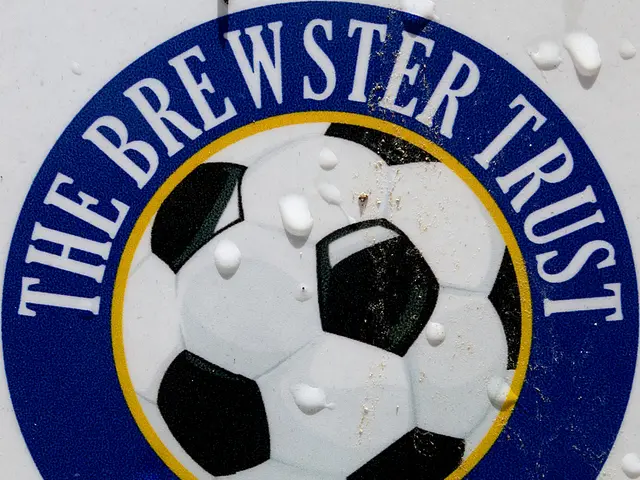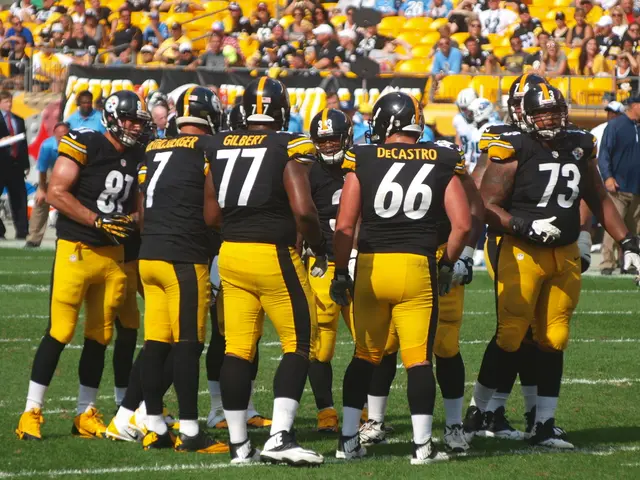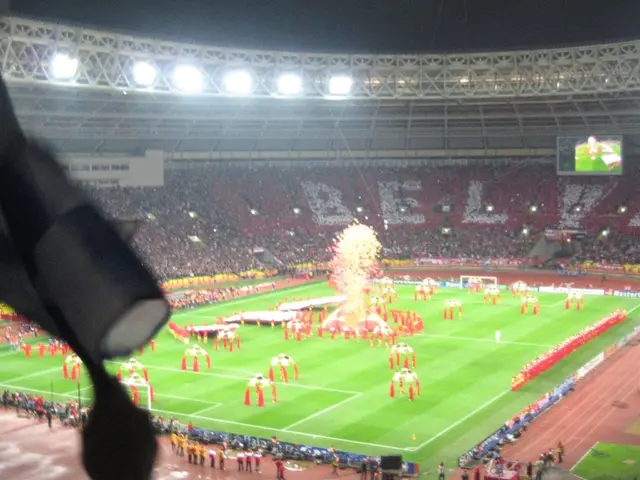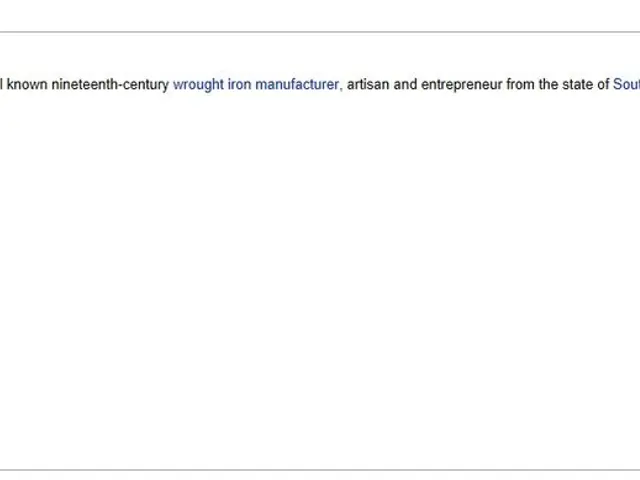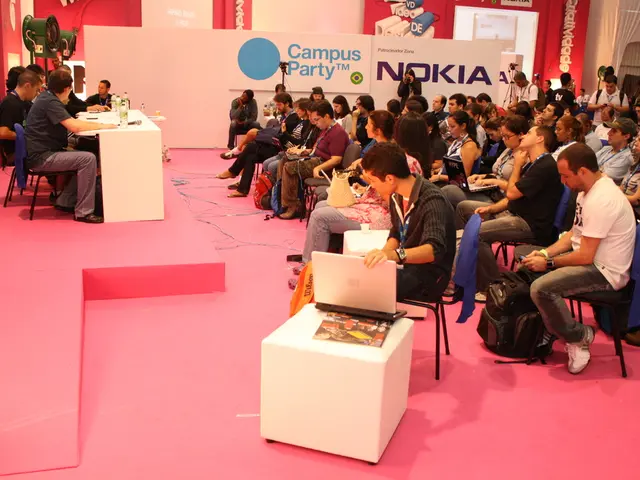Name-Based Groups Persist Despite Question: What Exactly Is NIL?
In the rapidly evolving landscape of college sports, the focus on Name, Image, and Likeness (NIL) deals has intensified, with increased federal and regulatory oversight aimed at preventing "pay-for-play" arrangements while allowing legitimate endorsement deals. This shift in approach can be traced back to the House v. NCAA settlement finalized in 2025, which has significantly altered the compensation model in college sports.
Under the new regulations, NIL deals must clearly demonstrate a valid business purpose and avoid pay-for-play incentives. The College Sports Commission (CSC) has been tasked with enforcing these standards, evaluating deals based on three criteria: the payor association, the business purpose of the deal, and the reasonableness of compensation.
Collectives, groups that pool resources to pay athletes at a particular school, face intensified scrutiny. The CSC requires documentation evidencing the collective's efforts to profit from the deal, not simply to financially incentivize athletes for athletic performance or recruiting gains. The CSC's guidance serves as an early test for the system, ensuring that NIL deals are used to promote bona fide products or services rather than serving as a vehicle to funnel money from boosters to athletes.
The House Settlement itself imposes compliance and transparency mechanisms, including mandatory NIL deal disclosures via the NIL Go portal overseen by the CSC. This is aimed at maintaining eligibility and regulating compensation fairness. Associated entities—organizations primarily existing to support athletics or recruitment for a school—are treated cautiously due to potential conflicts.
As the regulatory environment becomes more centralized and rigorous, schools and collectives will need to demonstrate legitimate commercial interests in NIL deals to avoid penalties. This could potentially reduce the volume of lucrative but borderline or artificial NIL transactions.
The Save College Sports Executive Order signed in July 2025 expands federal oversight, aiming to preserve collegiate opportunities, ensure gender equity in sports, and eliminate pay-for-play deals that may create competitive imbalances through bidding wars for top athletes. The increased scrutiny, combined with the House Settlement's reporting and cap requirements, points toward a college sports ecosystem balancing athlete compensation rights with competitive fairness and institutional integrity.
In summary, the evolution of NIL deals in college sports is centred around ensuring that they serve a valid business purpose and avoid pay-for-play incentives. The College Sports Commission is at the forefront of enforcing these standards, shaping the future of college sports' compensation model towards structured oversight, transparency, and fairness.
People involved in college sports must be cautious when entering Name, Image, and Likeness (NIL) deals to avoid pay-for-play arrangements, as the College Sports Commission (CSC) evaluates deals based on their business purpose and reasonableness of compensation. This commission, established as a result of the House v. NCAA settlement, scrutinizes collectives, groups pooling resources for athletes, ensuring that their deals aim to profit from bona fide products or services, not merely incentivize athletic performance or recruiting gains.


